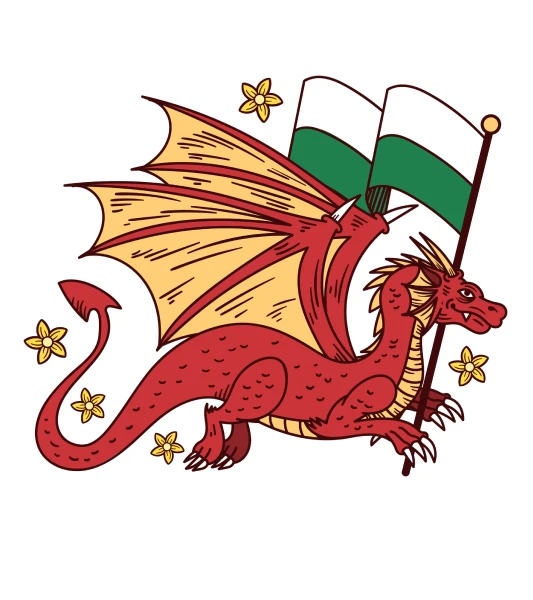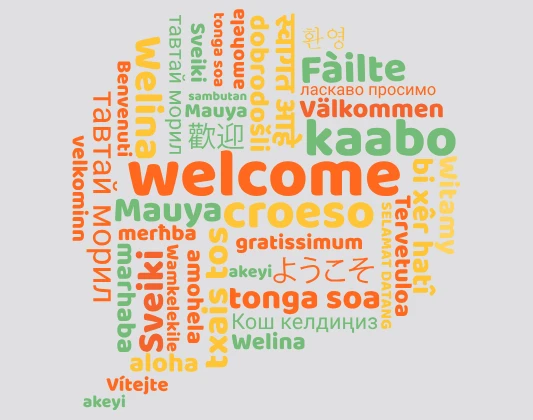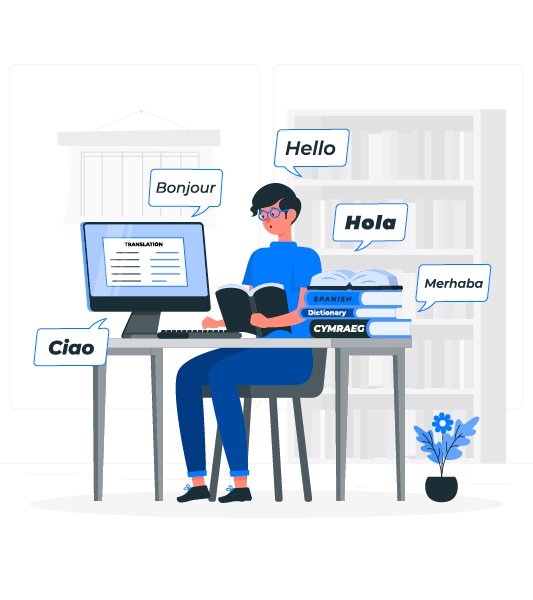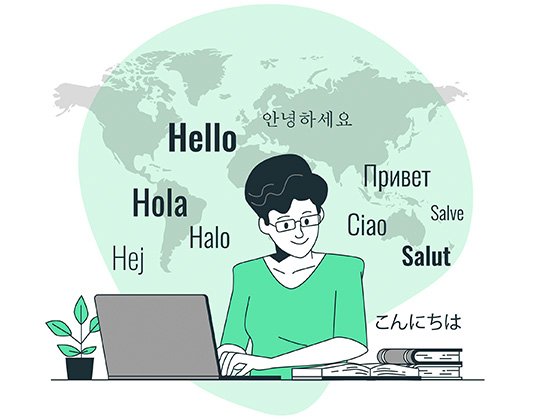Rosetta Translation provides a full range of Welsh translation services to companies worldwide.

Rosetta Translation is a leading multi-sector Welsh translation specialist and its areas of expertise include the following:
Legal translation, Financial translation, Technical translation, Medical translation
We assign every single translation to the most appropriate specialised team of highly qualified Welsh translators, proofreaders and editors, thus making sure of a consistent and excellent quality of Welsh translation services in each of these areas.
Combined with our use of translation technology and our extraordinary flexibility as regards client needs, this results in the professional and reliable Welsh translation service that our regular customers expect and value.
We also provide Welsh interpreting services in London and worldwide.
For a free instant quote, please contact us at any of our local offices in London, Shanghai, New York, Paris or Luxembourg.
Rosetta Translation one of the few translation companies that holds both the prestigious ISO 9001:2015 accreditation as well as the DIN EN 15038 certification, the only norm that is specifically designed for translation services. Our customers can therefore rest completely assured of the consistent and excellent quality of our Welsh translations.
Welsh Translations can of course be certified, notarised and legalised to meet your exact requirements.
For a free instant quote, please contact us at any of our local offices in London, Shanghai, New York, Paris or Luxembourg.


For all our English-Welsh translation assignments, we use experienced, native Welsh translators – capable of translating the different dialects of Welsh (North, South, etc.), all of whom specialise in a number of different areas of translation to give the best possible results for our customers. We then make sure the formatting is correct, which is particularly important for Welsh with its important system of diacritics, have the document proofread by an experienced, professional third party, all of which culminate in providing a final translation of excellent quality.
Welsh (Cymraeg) is a Brythonic-branch Celtic language, spoken mainly in Wales and around the Anglo-Welsh borders. Interestingly, there is also a tiny pocket of speakers in Argentina. Welsh has recently enjoyed a strong revival in Wales following the Welsh Language Act 1993, which now means it enjoys equal status with English.
At Rosetta Translation, our native translators have an in-depth knowledge not just of the language in question, but also have the ability to tailor translations to various communities and registers.
Whatever the exact nature of your Welsh-English translation assignment, complex and technical or more basic in style, Rosetta Translation has experienced translators on hand to deliver, with expertise in a number of areas, from technical computer jargon to pharmaceutical industry terminology.
As an internationally aware company, we operate as worldwide a service for our English translation as we do for our other languages. This means that we can provide English in any of the many existing dialects, whether you need British English, American English, Australian English, even Jamaican English, we have the know-how and the expertise.

With English sovereignty over Wales made official with Henry VIII’s Act of Union in 1536, the use of Welsh was largely banned, and laws were passed which removed its official status. About 200 years after the Act was passed, the language had all but been eradicated in the Welsh ruling classes, meaning most speakers were from working and lower middle-class families, a fact which had a large influence on public attitudes towards Welsh. Overall, Henry VIII’s Act had a profound impact on the number of speakers of the language, contributing to a significant reduction of Welsh speakers living in Wales – just 19% in 1991.
The Welsh Language Standards were published by the Welsh Language Commissioner which detailed the statutory duties to which the Welsh Government must comply from 2016, which was further bolstered by the Welsh Assembly approving a set of measures to increase the use of Welsh in 2010. Among these measures was the creation of a new system of placing duties on bodies to provide services through the medium of Welsh, such as all road signs in Wales being bilingual Welsh-English, and Welsh speakers being able to access all areas of government services in Welsh. It can be argued that the most significant change was making the teaching of Welsh compulsory in schools for children aged 5-16.
This is a large leap forward in protecting this hugely important cultural aspect of Wales as a significant portion of Welsh cultural history is locked behind the Welsh language. In order to unlock this cultural heritage, the Welsh language is the key. For example, The Mabinogion, a collection of the earliest prose of British literature written in Middle Welsh, compiled around the 12th and 13th centuries, is one such work. It includes tales with the themes of heroic quests and glimpses into the earliest tales of King Arthur, a significant literary character important to British culture as we know it today. Another important portal into Welsh culture is the Eisteddfod (stemming from the words eistedd meaning “sit” and fod, “to be”), a festival celebrating Welsh literature, poetry and music that was established in 1176 that sadly fell into abeyance due to the decrease in speakers. Thankfully, it has been seeing a sharp uptick in popularity as an increasing amount of people are understanding and appreciating the importance of reviving the language and passionately supporting it.
Welsh is only spoken by 30% of the Welsh population as a native language, therefore finding a native speaker is difficult. Furthermore, currently, there is no standardised or definitive form of the Welsh language, with significant differences in dialect marked in pronunciation, vocabulary and in points of grammar. Welsh is also one of the toughest Western European languages to master and is argued to take twice as many learning hours to acquire fluency than French, meaning that learning it later in life can prove tricky.
However, at Rosetta Translation, we work with the best and most qualified native Welsh speakers, ensuring that your translations are faithful and accurately portrayed, meaning you can be sure your text is not only correct, but that you are fulfilling your obligations to offer an efficient bilingual service to your clients and users. Our Welsh translators also have a deep understanding of the different dialects and will be able to translate your text into that which is most suitable so you can be sure your translation is in capable hands.






What is the UN French Language Day? On 20 March, we once again celebrate UN French Language Day, a global celebration of linguistic diversity and cultural exchange. Created by the United Nations in 2010, this day is to remind us …


© 2025 All Rights Reserved